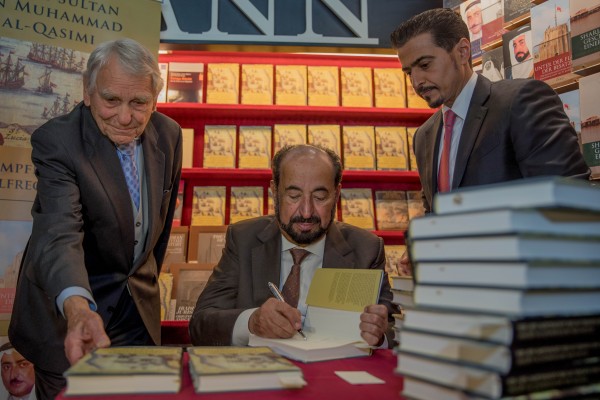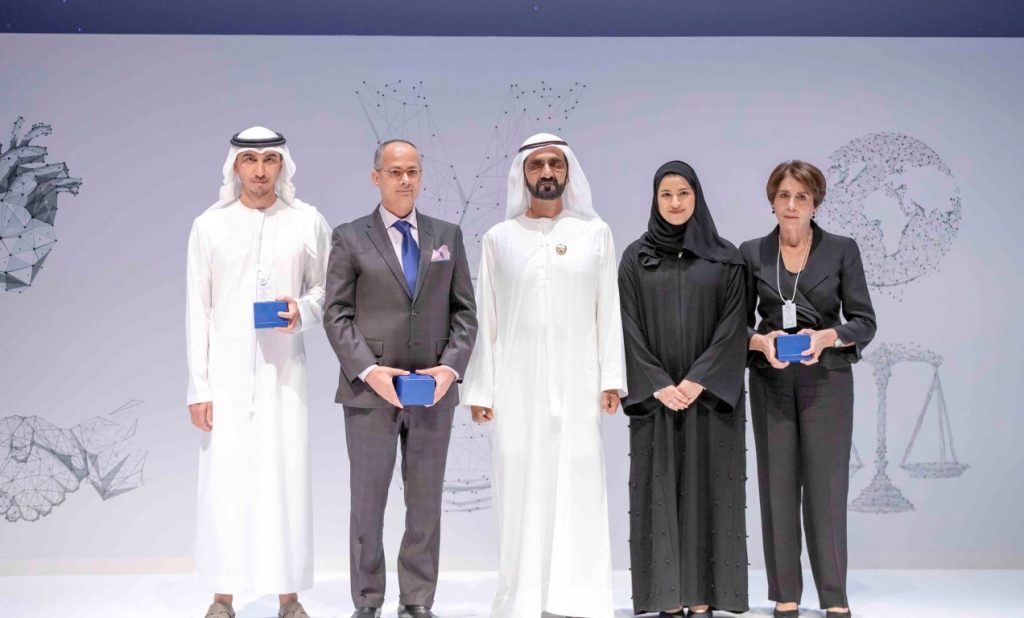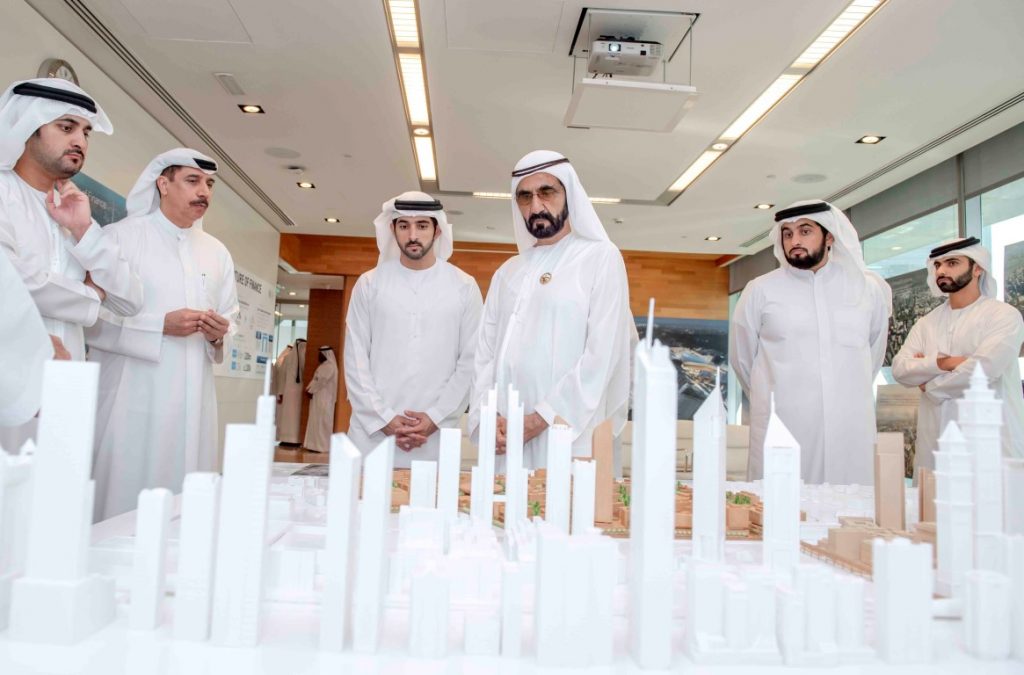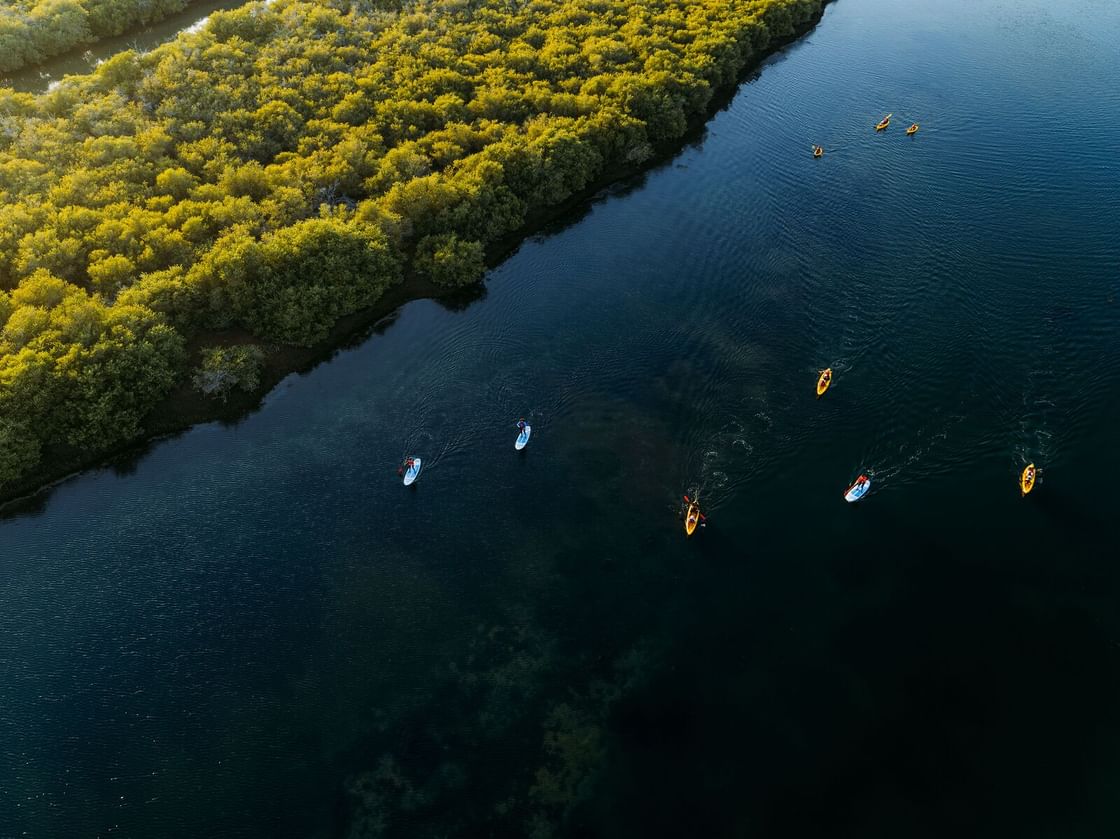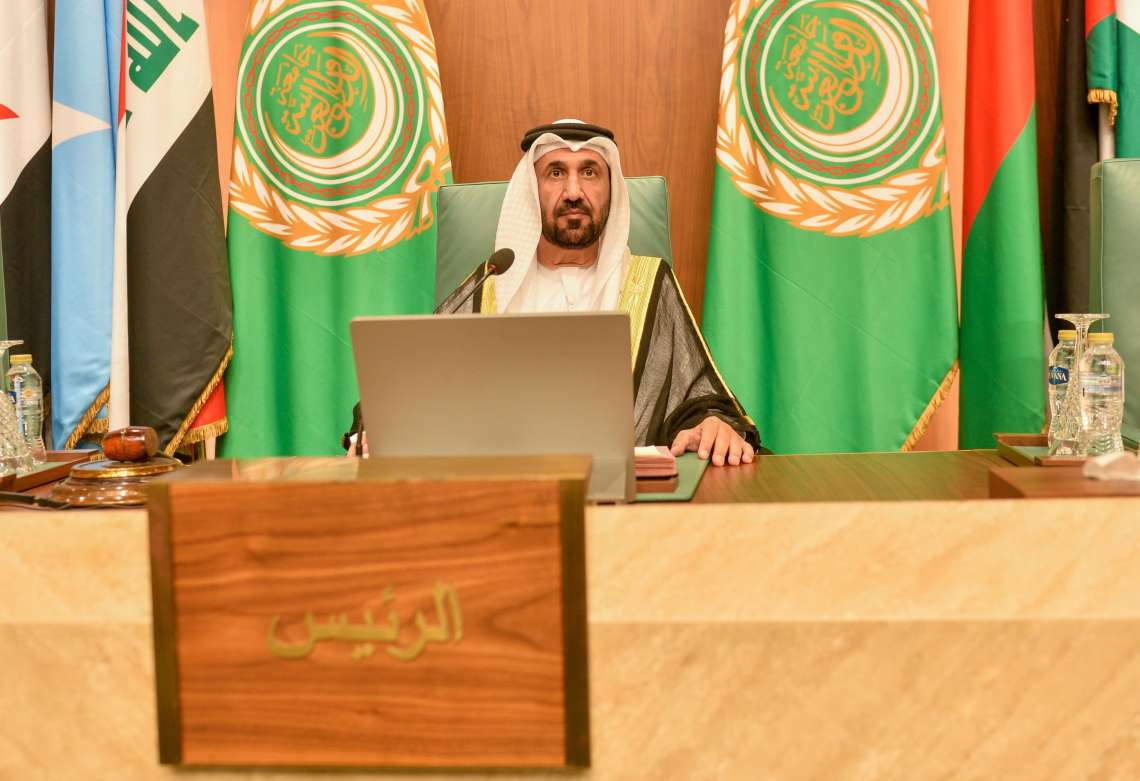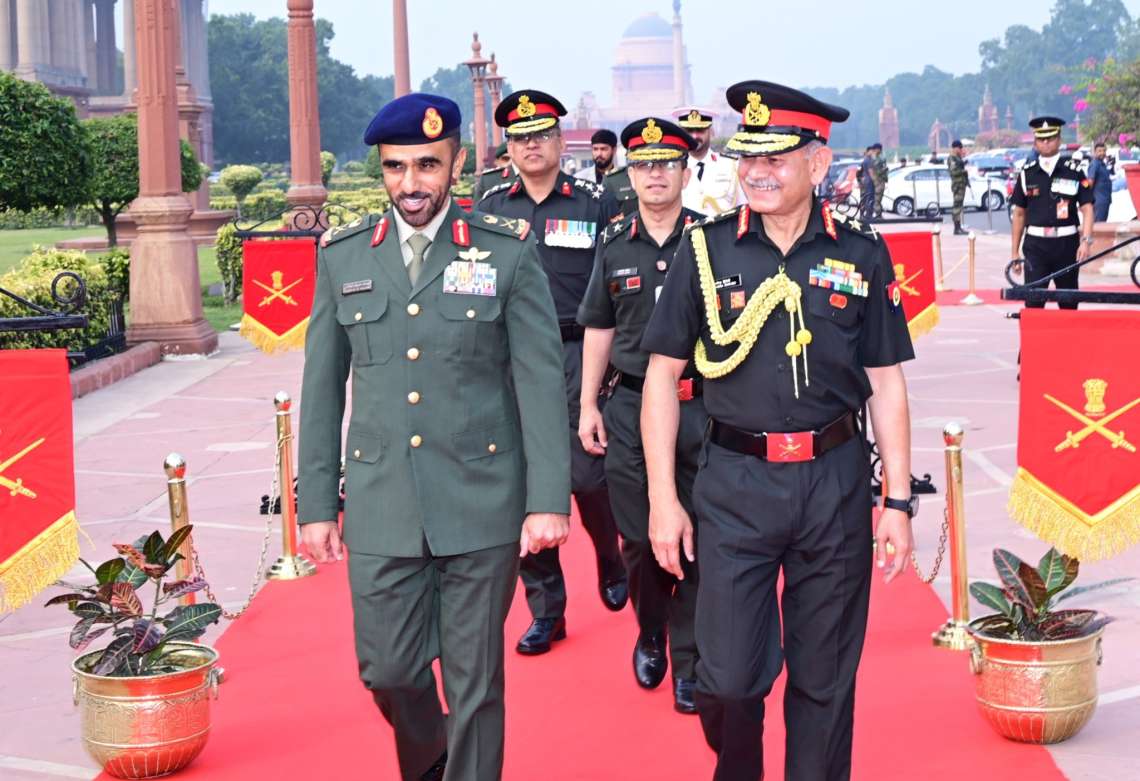Sharjah Book Authority (SBA) has presented an intellectual discussion, at the 27th New Delhi World Book Fair (NDWBF 2019), where Sharjah is guest of honour focusing on cultural exchanges between India and Arab World and the civilisational affinities … reports Asian Lite News.

To focus on the cultural exchanges between India and Arab World and the civilisational affinities that have existed for several centuries, Sharjah Book Authority (SBA) has presented an intellectual discussion, at the 27th New Delhi World Book Fair (NDWBF 2019), where Sharjah is guest of honour.
Dr. Suhaib Alam, Assistant Professor, Department of Arabic, at Jamia Millia Islamia, who presented a detailed lecture titled ‘Trucial States in Indian Writings and Archives’, on Monday, comprising historical information from a collection of important travel writings by Indian authors belonging to the late 19th and early 20th centuries.
Through his presentation, Alam emphasised on the intensive interaction between India and the Arab world, describing the dynamism, diversity and multi-dimensional relationship that have existed between the two for centuries.

The speaker referenced works by travel writers, Asha Iser, and others who have written extensively about the growing cultural and literary interactions between India and the UAE, which have been formative to their present relationship.
Alam noted: “The UAE Archives and Indian libraries have a very strong relationship. More than 100,000 Indian documents feature in the emirates’ archives in English, Hindi, Malayalam, Bengali, Gujarati and other Indian regional languages. The first National Archives of India (NAI) was founded in 1891 and is a repository of non-current documents produced over the centuries that are kept in several Indian state libraries.”
He added: “More than 10,000 manuscripts that contain the inter-cultural dialogue between the two age-old civilisations are housed in these libraries, with around 2,378 from the UAE.”
He went on to say how these historical records offer us an in-depth look into the way of life of people and their exchanges back in the day. From a description of road transportation systems, agricultural produce, eating habits, and community life, to business documents that records travels of Emirati and other Arab merchants to India, their trade and interactions with Indian counterparts are highlighted in these written records. Political relations between the amirs and other Arab elites and how they were treated with great pomp and show by their Indian hosts are also explained in these writings.
“Indian travel literature captures more than 100 journeys by different travel writers and date back to the 15th century. Main Indian merchants in the Arab region would be from the port cities on the India’s western coast of Gujarat, Mumbai and Cochin.
He also shed light on the flourishing import-export trade between India and the Gulf during Tipu Sultan’s reign, starting with the business envoy he sent to Constantinople, which marked the beginning of a flourishing era of trade. Popular exports from India included sandalwood, cardamom, silk and pepper, which were carried in Sultan’s 4-ship fleet and a workforce of over 90 merchants under his reign to the Gulf and wider region. In exchange, they imported saffron and the Arab world’s horses.

